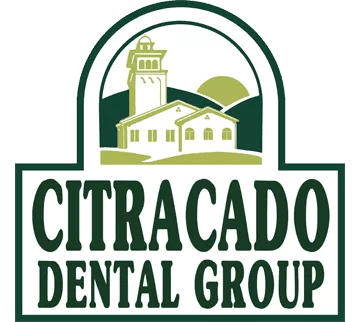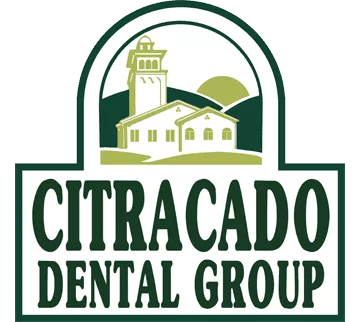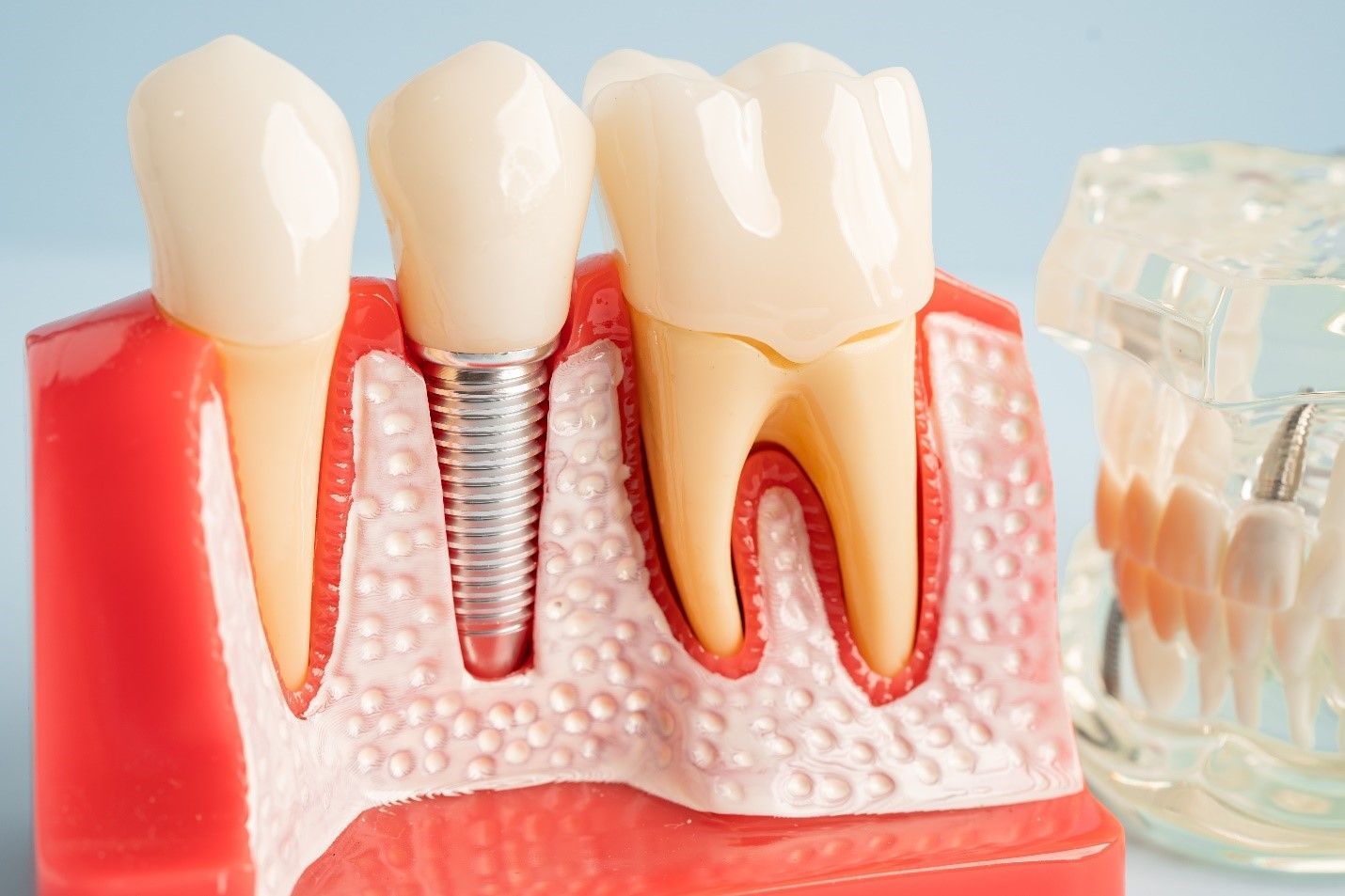E-CIGARETTES ENDANGER ORAL HEALTH

Inhaling the vapor of an e-cigarette is known to pose serious health risks to the heart, lungs and other organs.
As the use of e-cigarettes and other vaping products increase, a scientific consensus is emerging on a lesser known danger: the harm vaping can inflict on the mouth.
Studies on the topic are relatively new, but the evidence is mounting that there’s a strong link between e-cigarette use and poor dental health.
Nicotine is the primary cause.
Once nicotine enters the body, blood flow within the gums decreases, possibly leading to periodontal disease.
Gum disease is an inflammatory disease of the tissues in the mouth that support teeth.
Oral tissues are durable and heal quickly, but persistent trauma will test their limits. In some cases, the bacteria-caused illness can lead to loss of teeth as gum tissues deteriorate.
Other e-cigarette ingredients, such as propylene glycol, benzene and formaldehyde, increase the risks for gum disease.
A recent study demonstrates that 43% of e-cigarette users experienced gum disease or another form of oral infection.
Yet another study in Science Advances observed that the bacterial activity with the mouths of e-cigarette users resembled the microbiome of patients with periodontitis.
Not only is nicotine restricting blood flow to gum tissues, but it can also stress the bacterial communities inside the mouth to a point of inflammation and disease.
The long-term dangers of vaping on gum health remain an open question.
Researchers, however, are already convinced that vaping is detrimental to both overall and dental health, particularly of the gums.
Periodontal disease is also linked to a host of health issues, including diabetes, stroke, heart disease, dementia and rheumatoid arthritis.
Statistically, periodontal disease was considered an adult disease but is beginning to inflict a growing number of younger individuals. Dental professionals say vaping increases mouth dryness, which can contribute to the development of mouth ulcers.
Patients who vape are getting more cavities too.
The good news is that gum disease is preventable through proper care of the mouth. Brushing, flossing and using mouthwash routinely will dramatically reduce the dangers of gingivitis, a precursor to periodontal disease.
QUICK MENU
RECENT POSTS






